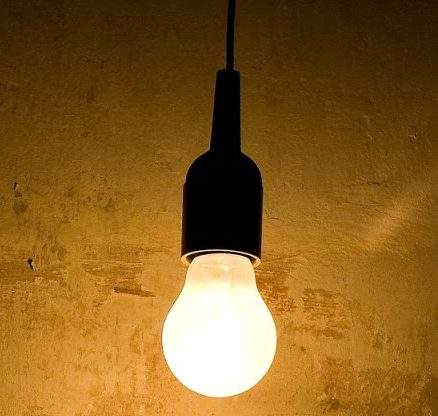Electricity woes in Nigeria have cast a formidable shadow over the economy, adding a staggering 40% to the expenses of manufactured goods, as revealed in a comprehensive report by Nanyang Technology University’s Centre for African Studies.
The extensive 150-page report, titled “Back to Growth: Priority Agenda for the Economic Revival of Nigeria,” was recently presented in Lagos by Amit Jain, the distinguished author and Director of the Centre. According to the report, the manufacturing sector signifies substantially higher productivity as compared to agriculture and holds the potential to absorb a larger portion of the workforce.
The report also emphasized that a detailed analysis of Nigeria’s business environment indicated a deficiency in the factors necessary to attract investment in the manufacturing sector. It stressed that for the manufacturing sector to be competitive, economic activities should, at least initially, align closely with the country’s comparative advantage.
The report delineated, “The lack of electricity adds a burdensome 40% to the expense of all operations in Nigeria, disproportionately affecting the manufacturing sector. Businesses endure severe power supply shortages, and electricity blackouts, coupled with transport bottlenecks, crime, and corruption, stand as prominent barriers to firm growth. Outages and voltage fluctuations have become a norm, resulting in detrimental effects on machinery and equipment. Consequently, most businesses resort to self-supply of electricity through generators, amplifying production costs and undermining competitiveness.”
Considering the formidable challenge of ensuring uninterrupted power supply nationwide, the report advocated for the government to contemplate the development of industrial clusters. It highlighted the pivotal advantage of clustering firms, enabling prioritized infrastructure provision to furnish firms with a competitive advantage and grants access to raw materials, skilled labor, technology, and materials.
The report further elaborated, “These clusters should ideally be situated in well-connected zones equipped with roads, power lines, and telecommunications. While Nigeria has witnessed some success with informal clusters such as the computer village in Otigba, Lagos; the auto and industrial spare parts fabricators in Nnewi; the leather tannery in Kano; and the footwear, leatherworks, and garment cluster in Aba, these clusters are functioning far below their potential. The insufficient coordination between federal and state governments and inconsistent implementation of industrial policy have left the required infrastructure for attracting manufacturing investment considerably lacking.”
In a separate development, the Manufacturers Association of Nigeria voiced concerns about the adverse impact of the country’s electricity shortage on manufacturers’ profitability, estimating an annual economic loss of about N10.1 trillion, which constitutes approximately two percent of the country’s Gross Domestic Product.
